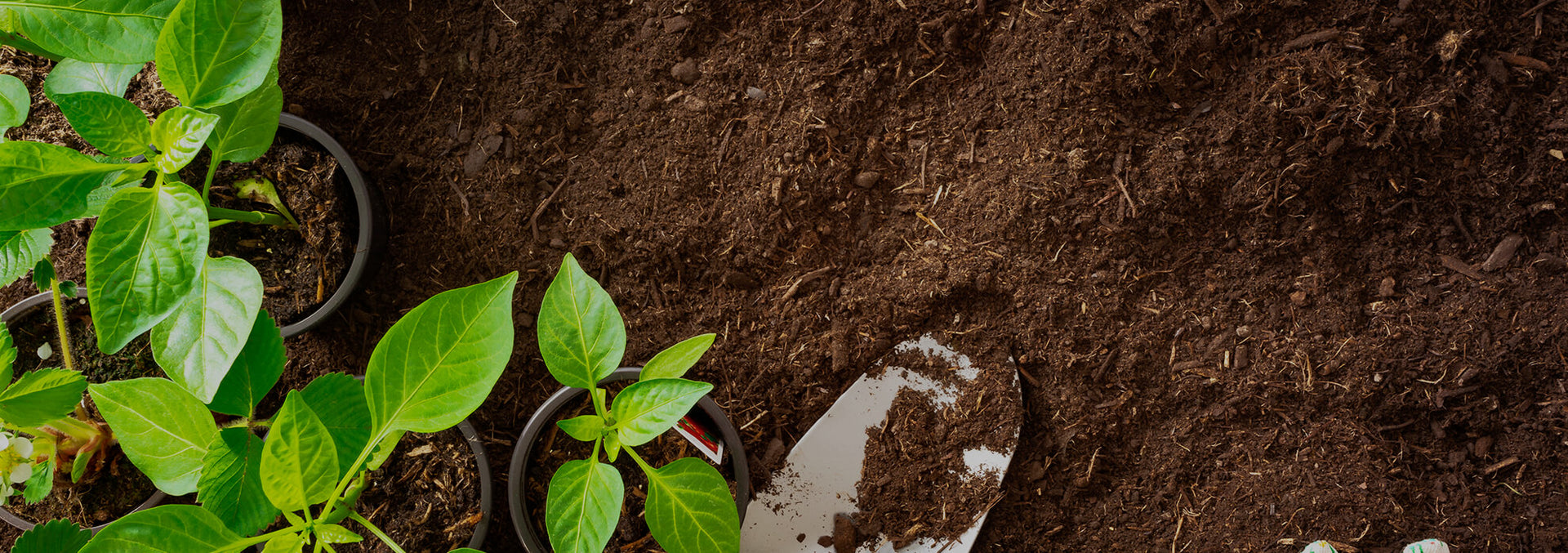According To John: Amending Soil Properly
I believe the most common misconception in the horticultural world is the belief that it is advisable to amend planting holes for trees and shrubs with wood-based organic matter. In the long term, amended soils will harm plant health and survival. Despite the fact that an ideal soil contains only 5% organic matter, many amend planting holes with 25%, 50%, or even more organic matter. Despite an increasingly large body of research showing that soil amendments are not helpful and can actually injure plants, such information is not incorporated into the practices of landscape professionals and home gardeners.
The main reasons for inhibited plant growth in amended soils are all related to water and drainage. Water will frequently accumulate in the amended planting hole because of soil textural differences. The result is the “bathtub effect”, which suffocates the roots, leaving them more susceptible to disease and death. Textural differences between amended and native soils can also cause additional problems, particularly where the soils interface. Plant roots have little incentive to leave a well aerated, nutrient rich amended soil to grow into the less desirable native soil. Instead of penetrating through the barrier, the roots react the same way they do in containers; they circle the edge of the interface and grow back into the more hospitable environment of the planting hole, becoming kinked and sometimes girdling the plant’s trunk. When the roots do not establish in the native soil, reduced growth rates and stability problems occur, leading to top heavy, hazardous trees.
 John & Bob’s products, used properly, do not affect soil texture and are the best additive for planting backfill. OPTIMIZE, MAXIMIZE, PENETRATE and NOURISH-Biosol are food for microbes, attractants for microbes and the microbes themselves. We recommend treating the planting hole and the area around it, so that rooting into native soil is encouraged. This method of amending planting holes is easier, faster, less expensive and horticulturally superior. Rather than using sawdust, humus, compost, green waste or manure; focus on soil life, which is the real key to healthy soil and successful gardening.
John & Bob’s products, used properly, do not affect soil texture and are the best additive for planting backfill. OPTIMIZE, MAXIMIZE, PENETRATE and NOURISH-Biosol are food for microbes, attractants for microbes and the microbes themselves. We recommend treating the planting hole and the area around it, so that rooting into native soil is encouraged. This method of amending planting holes is easier, faster, less expensive and horticulturally superior. Rather than using sawdust, humus, compost, green waste or manure; focus on soil life, which is the real key to healthy soil and successful gardening.
